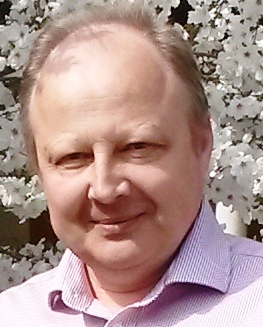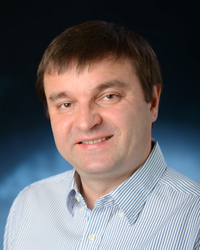Please find the final program here
All the talks will be held in the same meeting space, with no parallel sessions.
Please check the poster list here.
We ask you to place your poster in the poster slot with your number before the Conference begins or during the first coffee break on Day 1 (August 11th).









